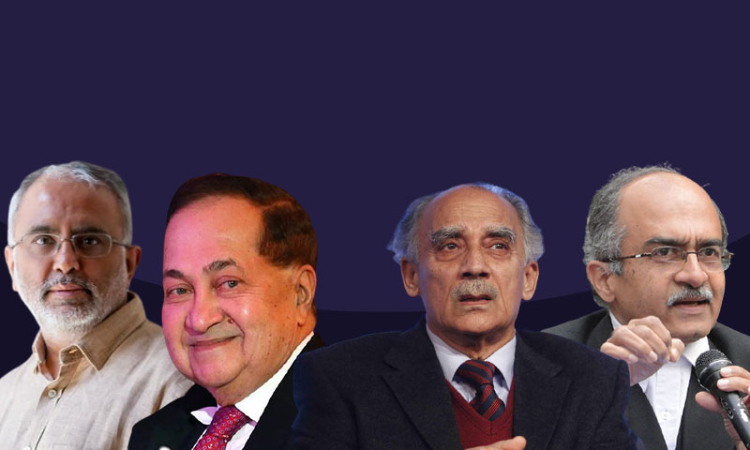Karnataka High Court Issues Notice To Centre On Plea Challenging Section 2(c)(i) Of Contempt Of Courts Act
Akshita Saxena
12 Jan 2021 5:47 PM IST

Next Story
12 Jan 2021 5:47 PM IST
The Karnataka High Court on Tuesday issued notice on a petition challenging the constitutional validity of Section 2(c)(i) of the Contempt of Courts Act, 1971, which criminalises publication of such matter that may "scandalize the courts". A Bench led by Chief Justice Abhay S. Okay has issued notice to the Central Government on the petition filed by journalists Krishna Prasad and N....
